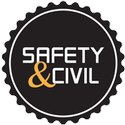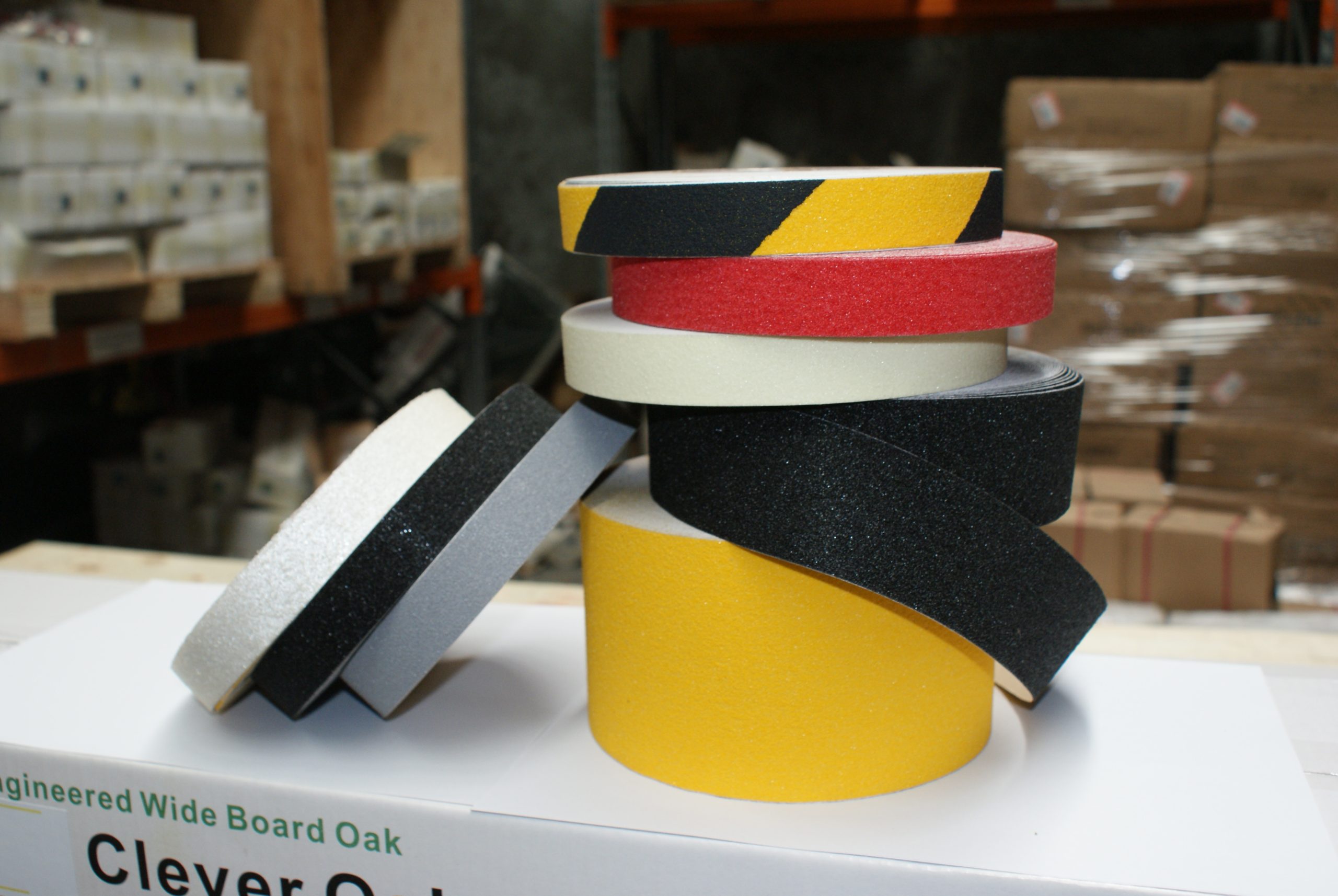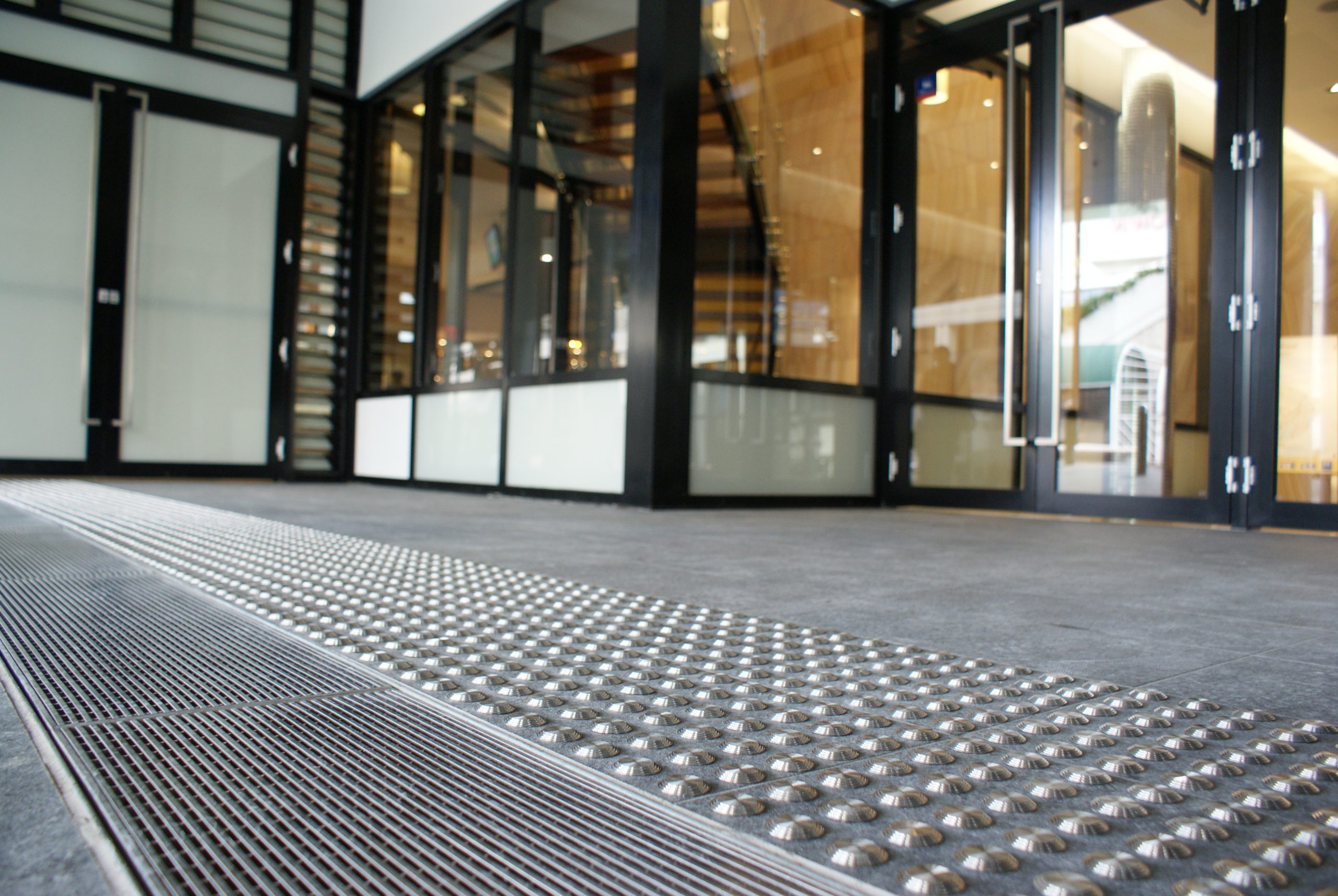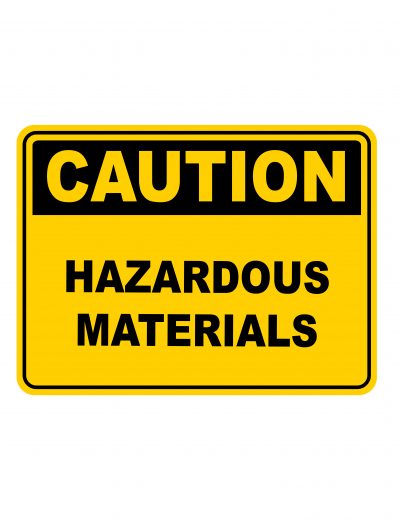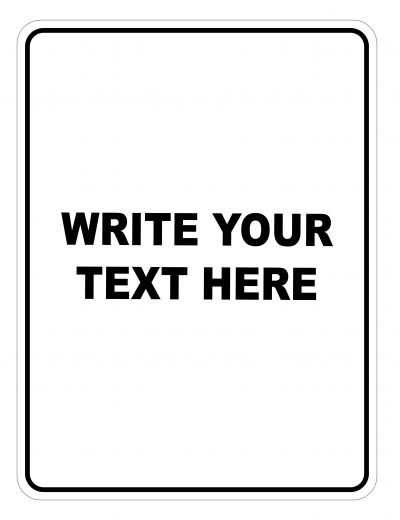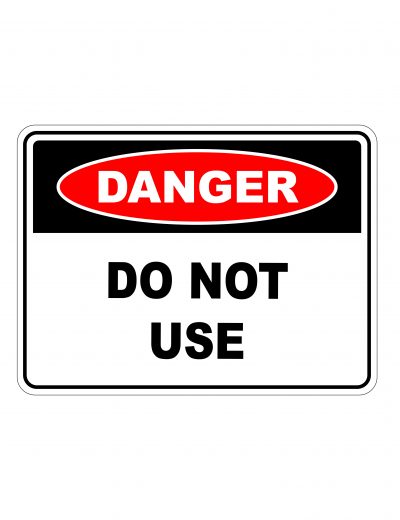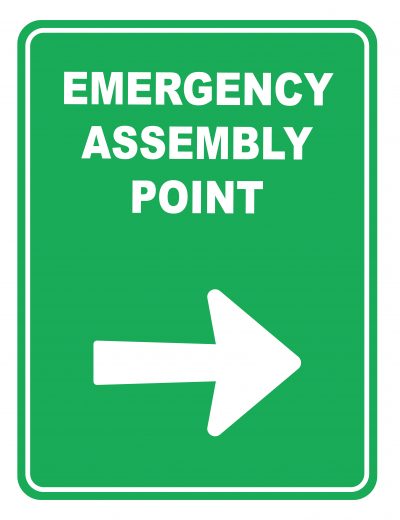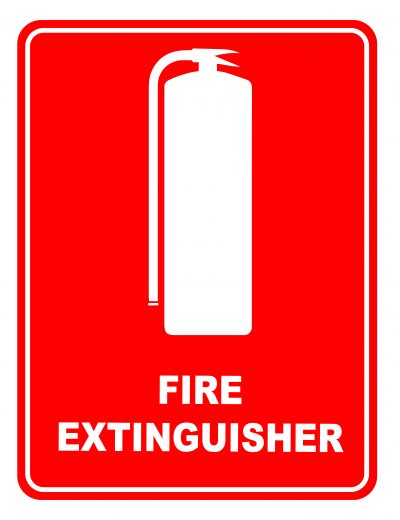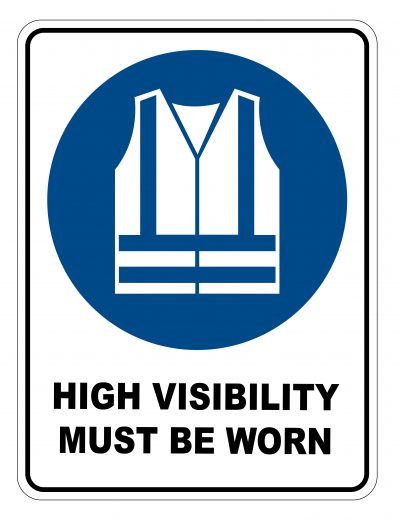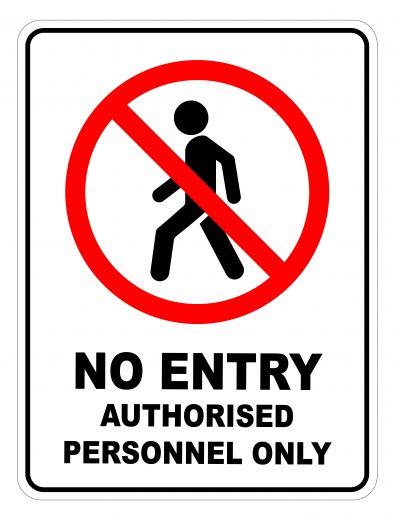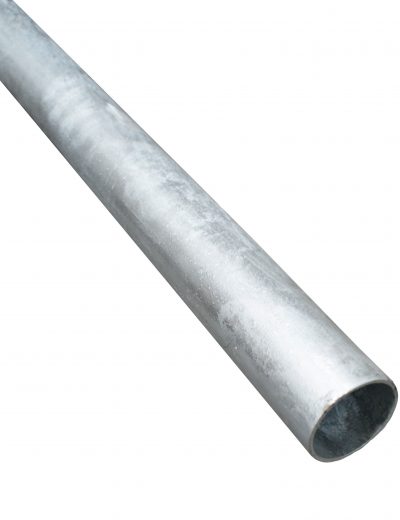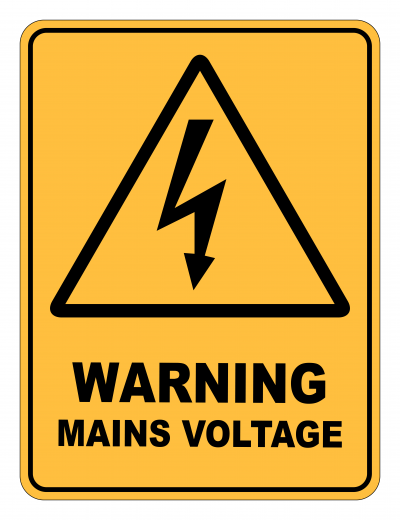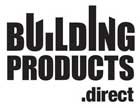Safety Signs
Why Are Safety Signs Required On Construction Sites in Australia
Safety means never having to say ‘you’re sorry!’
Workplace safety signage is a must-have requirement on all Australian construction sites. With the help of these emergency safety signs, one can easily prevent accidents, injuries and ensure that all the staff and visitors are aware of the life-threatening hazards. Without the hazard warning and safety signs in Australia, employees and visitors will be left unaware of the risks and might find themselves in workplace health and safety trouble.
SHOP OUT SIGN CATEGORIES BELOW
CAUTION SIGNS EMERGENCY SIGNS DANGER SIGNS FIRE SIGNS MANDATORY SIGNS PROHIBITED SIGNS
We also supply Sign Posts and Accessories. Shop our range HERE
Can’t find the sign you need? For CUSTOM SIGNAGE REQUESTS, Contact us HERE
Why Do You Need Safety Signs on Construction Sites In Australia?
Safety signs have an objective to serve as a reminder and be of benefit to those who aren’t familiar with a construction site or its process. This is why it’s crucial that everyone visiting the construction site must understand the reasons behind the usage of safety signs. As per the Australian legislation, emergency safety signs must be used in any occupational environment, whether it’s an office building or a construction site. Complying with these laws, it’s beneficial as well as essential.
Different Types of Safety Signs Used on Construction Sites
Following are a few emergency and safety signs used by Australian construction sites and businesses to abide by the workplace health and safety standards.
Mandatory Signs
A few examples of mandatory safety signs are: ‘Headgear must be worn’, ‘Foot protection must be worn in this area’, ‘High visibility vests must be worn’ and so on. These safety signs represent specific actions that must be taken in particular areas and specific situations of a construction site. The signboard has a white background with black text and a blue circle over the text to denote that it’s mandatory.
Prohibition Signs
Prohibition signs are used in places where some actions are prohibited. Actions like not being able to use your mobile phones, smoking not allowed in a particular area, entry not allowed and so on. The black text is written on a white background with a red circle encircling the line. Plus, there’s an image displaying that specific action to make visitors understand it better.
Warning Signs
Popularly known as hazard signs, these are potential hazard safety signs that improvise the safety of every individual present on the construction sites. Most of the warnings on these safety signs are written with black text on a yellow background. There’s a triangular shape that addresses the dangerous situation. For example – ‘slippery when wet’.
Fire Safety Signs
You might have seen white text scribbled over a red background. These are the fire safety signs that aid visitors and workers to find the location of fire extinguishers along with other safety equipment in an event of a fire. These signs safeguard everyone from a panicky situation when a place is on fire.
Emergency Information Signs
In a hectic workplace, sometimes it becomes really difficult to locate emergency facilities, services and types of equipment. These emergency information safety signs are designed to help out people find the emergency exits, entries, first aid kits and other important stuff. You’ll always find white text on green background when it comes to emergency information signs.
Danger Signs
Danger signs are used to warn you of the possibility of potential hazards, dangerous goods, equipment that might be harmful or life-threatening. You’ll find black text in red ovals with the word ‘Danger’ written in white. This is enough to warn you of the possibility of danger.
On the whole, if you want your construction sites and workplaces to be safe, you must shop safety signs at Safety Civil only.
You already have innumerable reasons why you need emergency safety signs installed on your construction sites. Don’t wait anymore, make surroundings safer for the staff and visitors.
Safety is a full-time job, don’t make it a part-time practice!Read less

